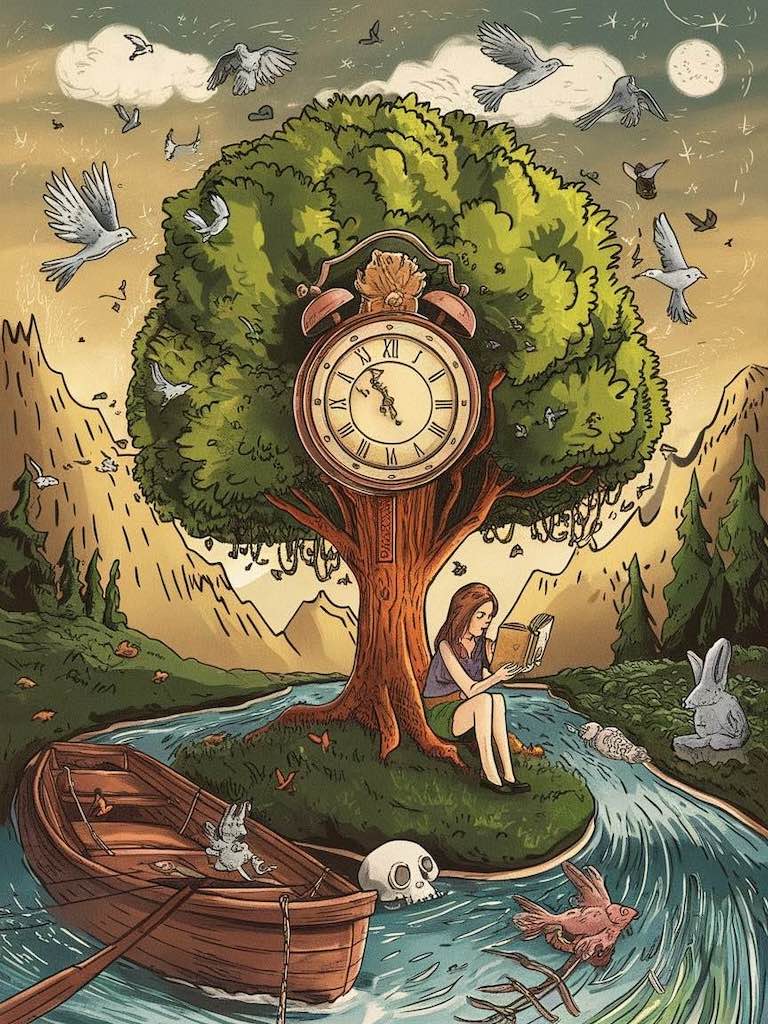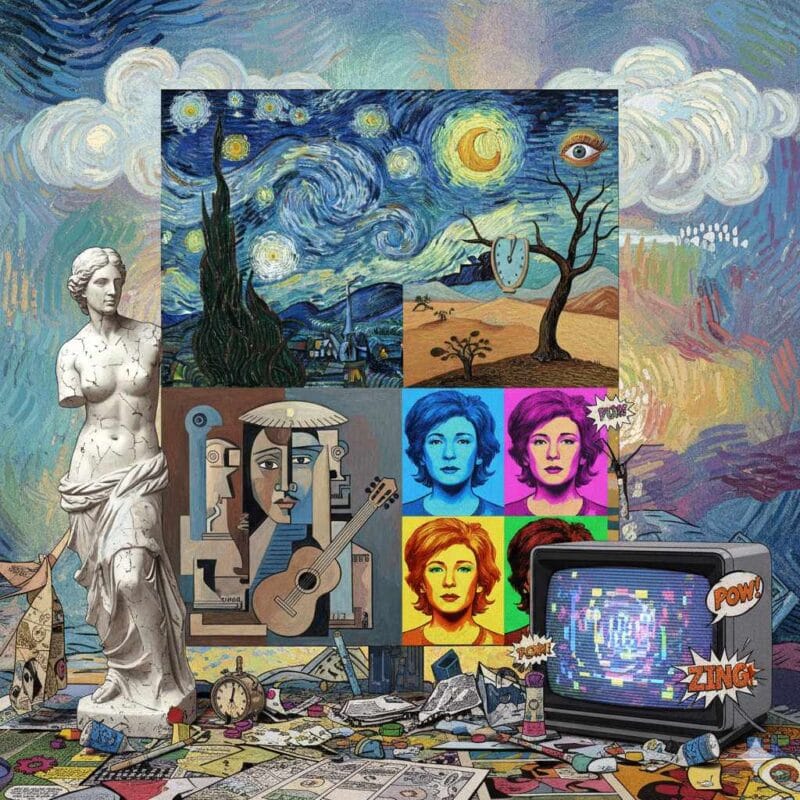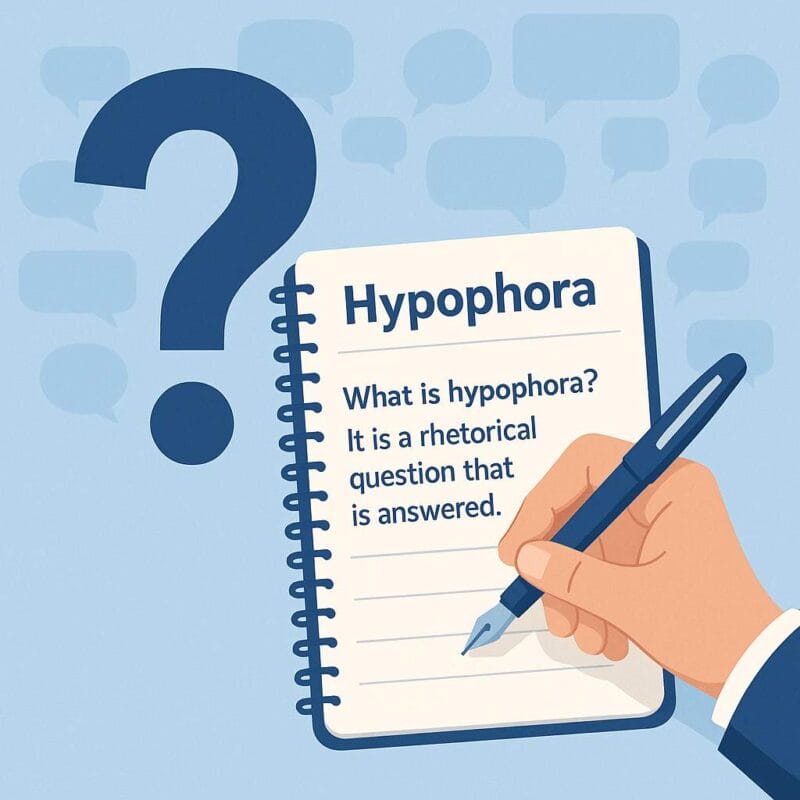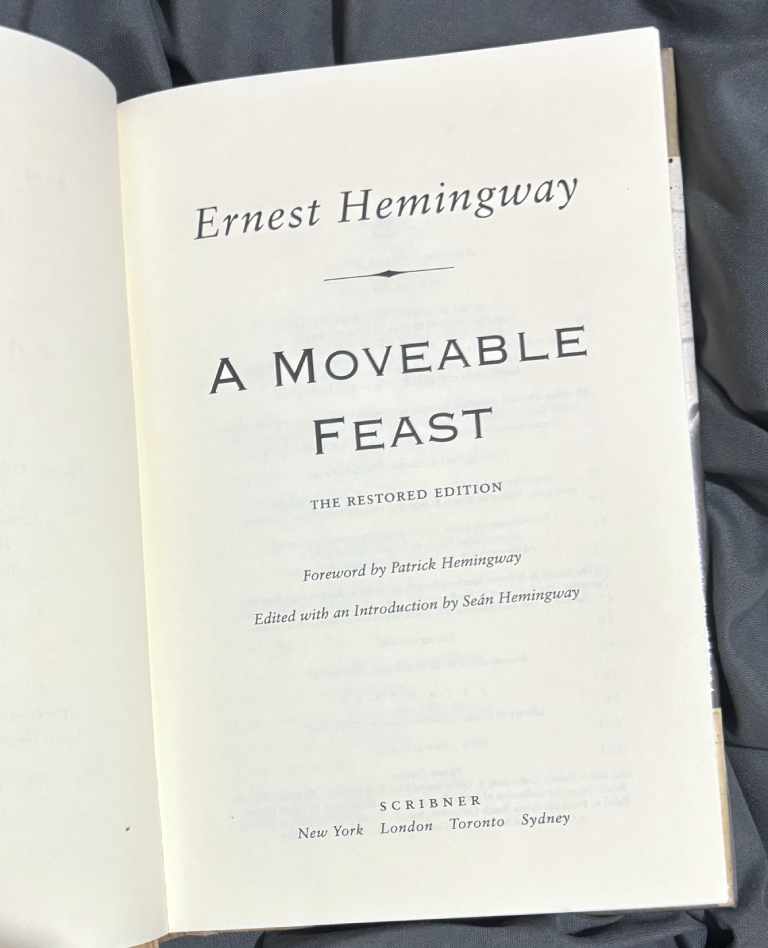Ecocriticism is a literary theory that considers how a piece explores and is impacted by the relationship between humans and their natural world.
Ecocriticism is the interdisciplinary study of literature and ecology, examining the complex relationships between human culture and the natural world. This critical approach addresses how literature represents environmental issues and contributes to our understanding of ecological crises. By exploring texts through an ecocritical lens, scholars aim to highlight the role of storytelling in shaping our perceptions of nature and environmental justice.
Ecocritics analyze various literary forms, from classic novels to contemporary poetry, to uncover how these works reflect and influence ecological awareness. The discipline dives into themes such as the depiction of landscapes, the treatment of non-human characters, and the underlying environmental ethics within narratives. Through this analysis, ecocriticism seeks to promote a deeper engagement with ecological concerns and foster a more sustainable relationship between humans and the environment.
The Ecocriticism Reader, a seminal collection in the field, gathers key essays that outline the foundational theories and methodologies of ecocritical practice. This collection has become indispensable for anyone looking to understand the intersections of literature, culture, and the environment. For more detailed insights into the history and applications of ecocriticism, visiting resources such as Oxford Bibliographies offers a comprehensive overview of the subject.
Foundations of Ecocriticism
Ecocriticism explores the dynamic interplay between literature, culture, and nature. This section traces its historical roots, underlying philosophy, and seminal works that have shaped the field.
Historical Context and Philosophy
Ecocriticism began as “literary ecology” in the 1970s, introduced by Joseph Meeker in The Comedy of Survival: Studies in Literary Ecology (1972). This concept was later solidified into a distinct approach in the 1990s by scholars like Cheryll Glotfelty and Harold Fromm. They were driven by increasing environmental concerns and sought to examine literature’s role in understanding and addressing ecological issues.
Meeker’s work emphasized the ethical and pedagogical importance of literature in promoting environmental awareness. This foundation was expanded by Lawrence Buell, whose book The Environmental Imagination (1995) explored how literary texts could reflect and influence environmental values. These pioneers of ecocriticism viewed the interconnection between human culture and the natural world as central to literary analysis.
Key Literary Works
Several key works have significantly contributed to ecocriticism. Meeker’s The Comedy of Survival, as previously mentioned, was among the earliest to link literature and ecology. But it was Buell’s The Environmental Imagination that became a cornerstone, examining how American literature reflects and shapes environmental consciousness.
Other influential texts include Thoreau’s Walden (1854), which explores the relationship between humans and nature, and Rachel Carson’s Silent Spring (1962), which highlights human impact on the environment. These works, along with others, have been critically analyzed by ecocritics to uncover insights on nature, culture, and ecological ethics.
Themes and Concepts in Ecocriticism
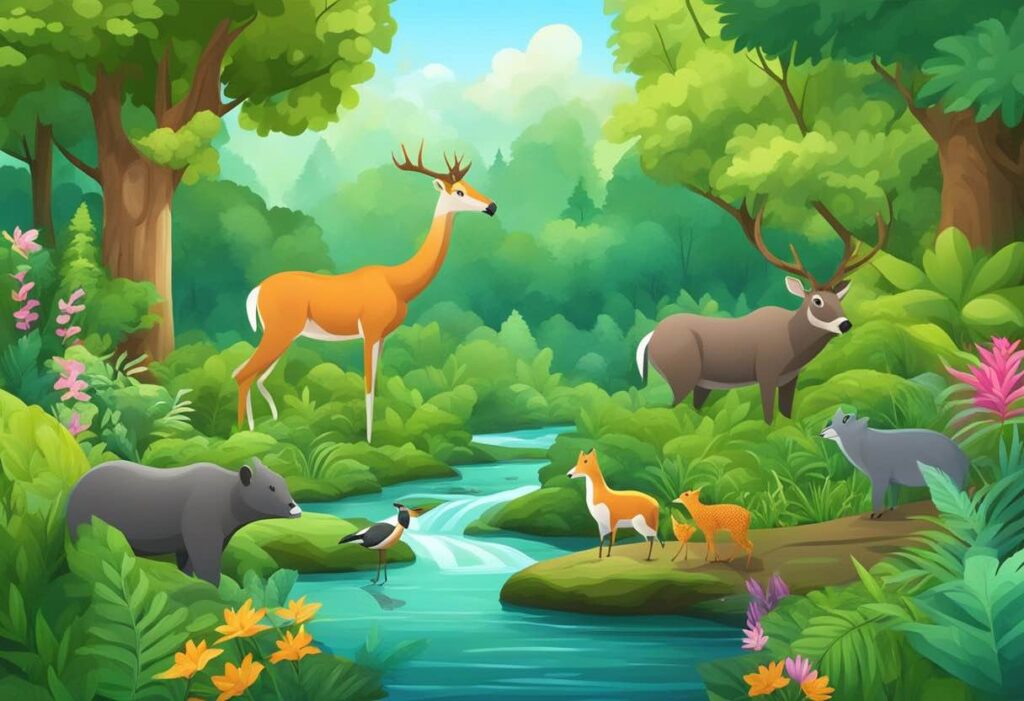
Through various critical lenses, ecocriticism explores the intersection of literature and the environment. This section delves into key themes such as environmental justice, the role of literature in raising environmental awareness, the interplay between science and the humanities, and the influence of culture and media on environmental discourse.
Environmental Justice and Ethics
Environmental justice examines the fair distribution of environmental benefits and burdens across race, gender, and class. This theme is crucial as it addresses how marginalized communities often face the brunt of environmental degradation. It also raises questions of ethics, emphasizing the need for equitable treatment and involvement of all people in environmental policymaking.
In ecocriticism, ethical considerations include humans’ moral responsibility towards nature. This concept encourages the representation of environmental issues in literary texts to foster a sense of stewardship and accountability. Environmental justice and ethics thus intertwine to advocate for systemic change, aiming to create more equitable and sustainable societies.
Literature’s Role in Environmental Awareness
Literature plays a pivotal role in heightening environmental awareness by representing complex environmental issues and crises. Literary texts can illustrate the nuances of human interaction with the natural world, thereby educating and inspiring readers to engage in environmentalism. Authors like Rachel Carson and her work have historically contributed to pivotal shifts in public consciousness regarding environmental issues.
The depiction of environmental crises in literature often prompts readers to reflect on their own environmental ethics. Through compelling narratives, literature can serve as a powerful tool for cultural change, fostering a broader understanding of environmental justice and the need for action.
Science and Humanities’ Intersection
Ecocriticism often bridges the gap between science and the humanities. This interdisciplinary approach enriches the analysis of literary texts by incorporating scientific understanding of environmental issues. Environmental literary criticism benefits from integrating ecological science, providing a more holistic view of the human-nature relationship.
This intersection encourages collaboration between scientists and humanists, enhancing the depth of environmental discourse. By combining literary critique with scientific data, ecocriticism promotes informed and nuanced discussions that are more likely to influence policy and public opinion positively.
Culture, Media, and Environmental Discourse
Culture and media play significant roles in shaping public perceptions of environmental issues. Media representations can either highlight or distort the realities of environmental concerns, making it essential to analyze these portrayals critically. Environmental discourse in popular culture, including films, news, and social media, impacts how society engages with environmental movements and concepts.
The role of culture in environmentalism also involves examining the narratives and symbols used in media to discuss environmental justice. Representations of gender, race, and class in environmental contexts can reveal underlying stereotypes and biases, influencing public attitudes and policy decisions. Thus, culture and media are pivotal in forming an engaged and informed public capable of addressing global environmental challenges effectively.
Further Reading
Ecocriticism: An Essay by Nasrullah Mambrol, Literary Theory and Criticism
Ecocriticism: environment, emotions and education by Thomas Bristow & Grace Moore, The Conversation
The Rise of Eco-Literature: Nature and Environmental Themes in Writing by ARPIT, Medium
Ecocriticism 101 Reading List by Nancy Aravecz, New York Public Library
